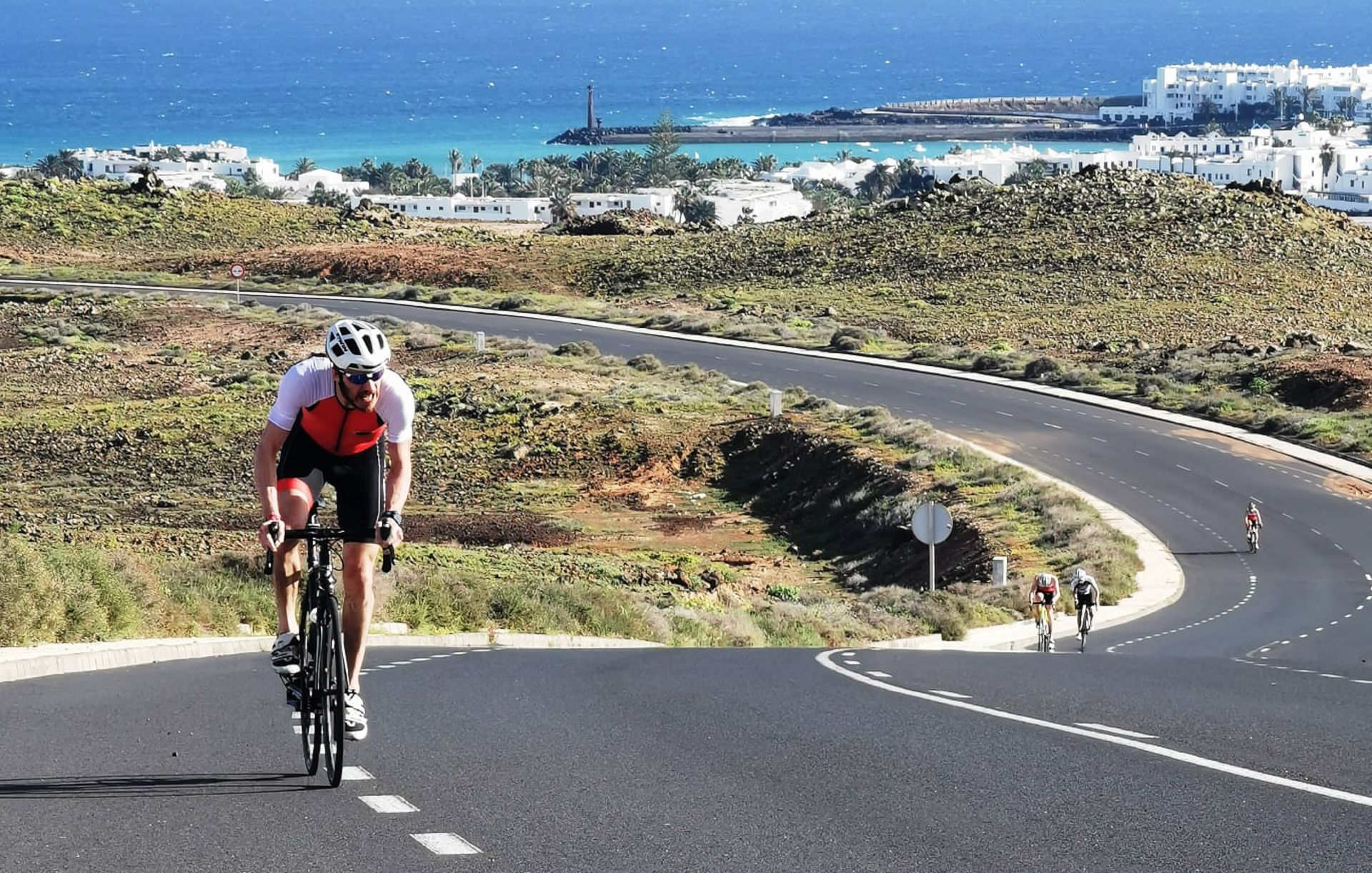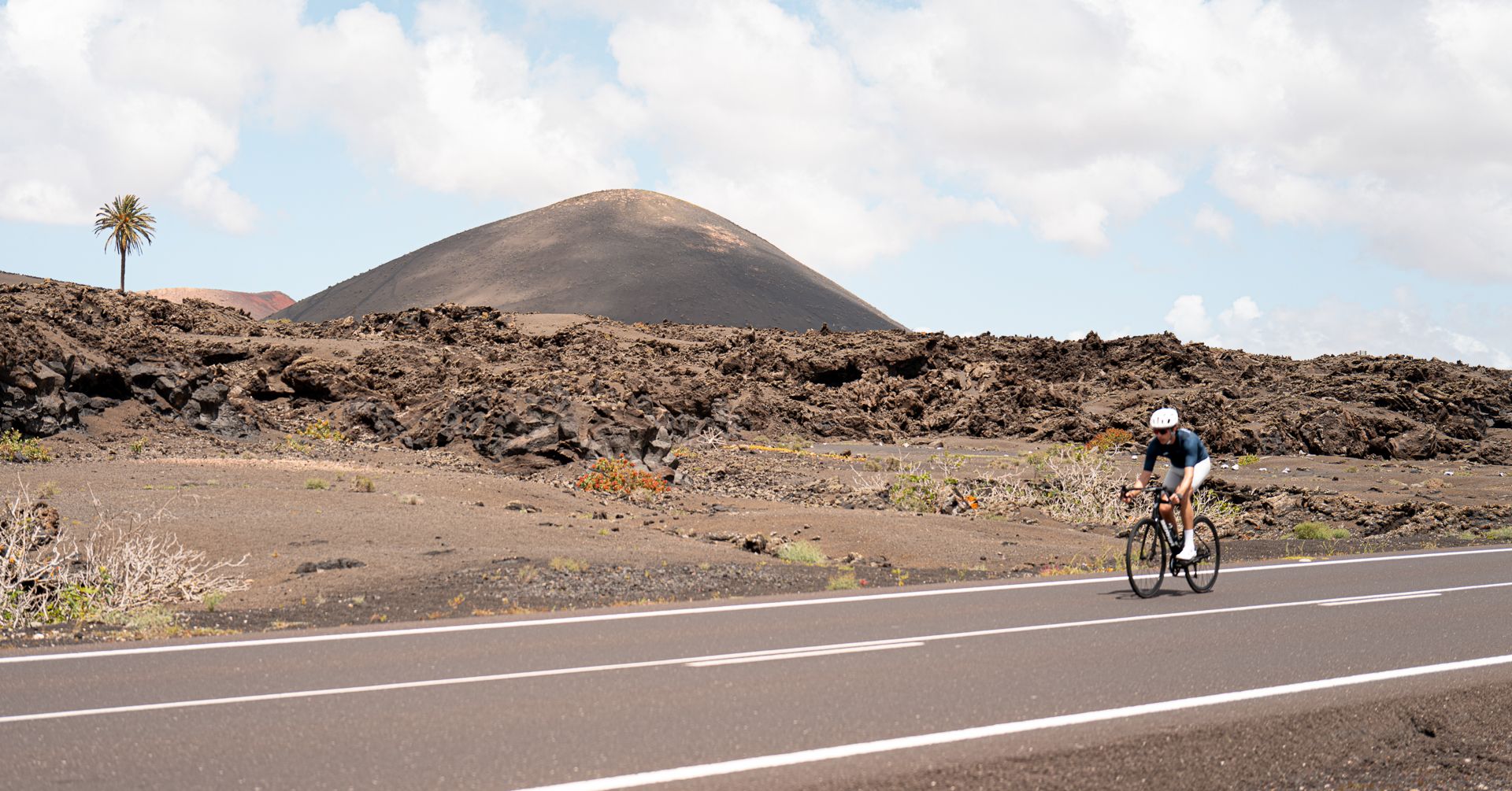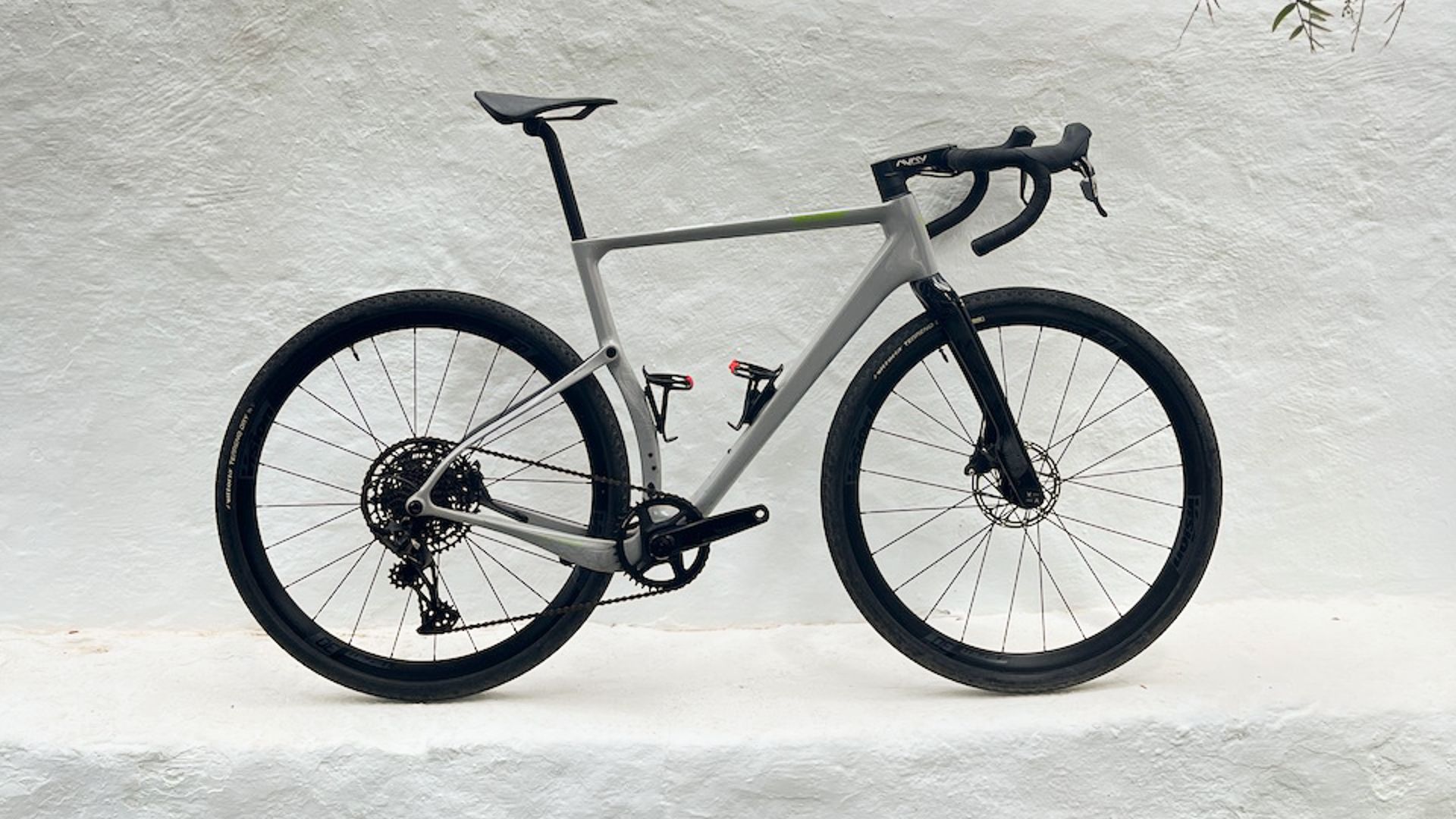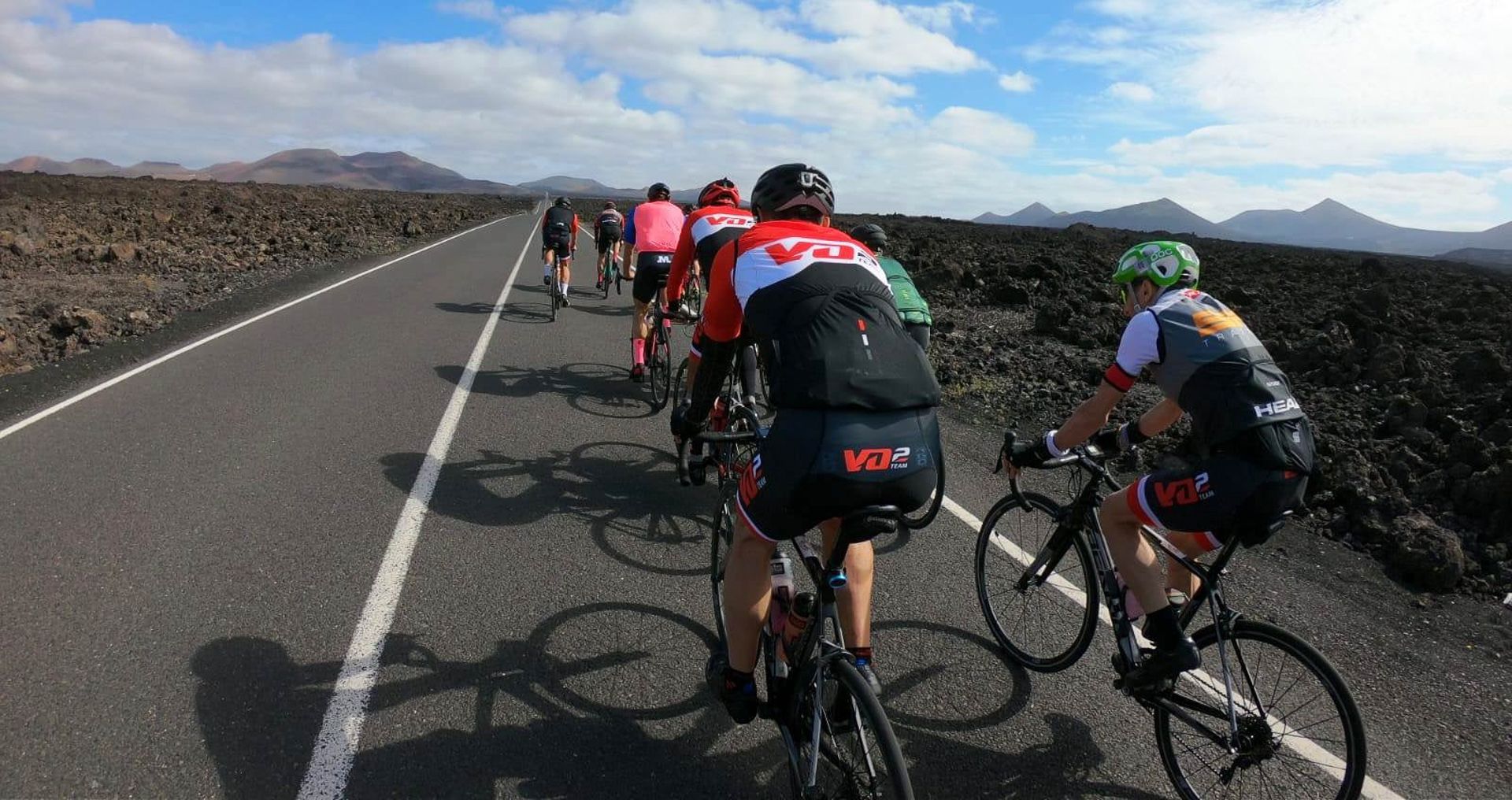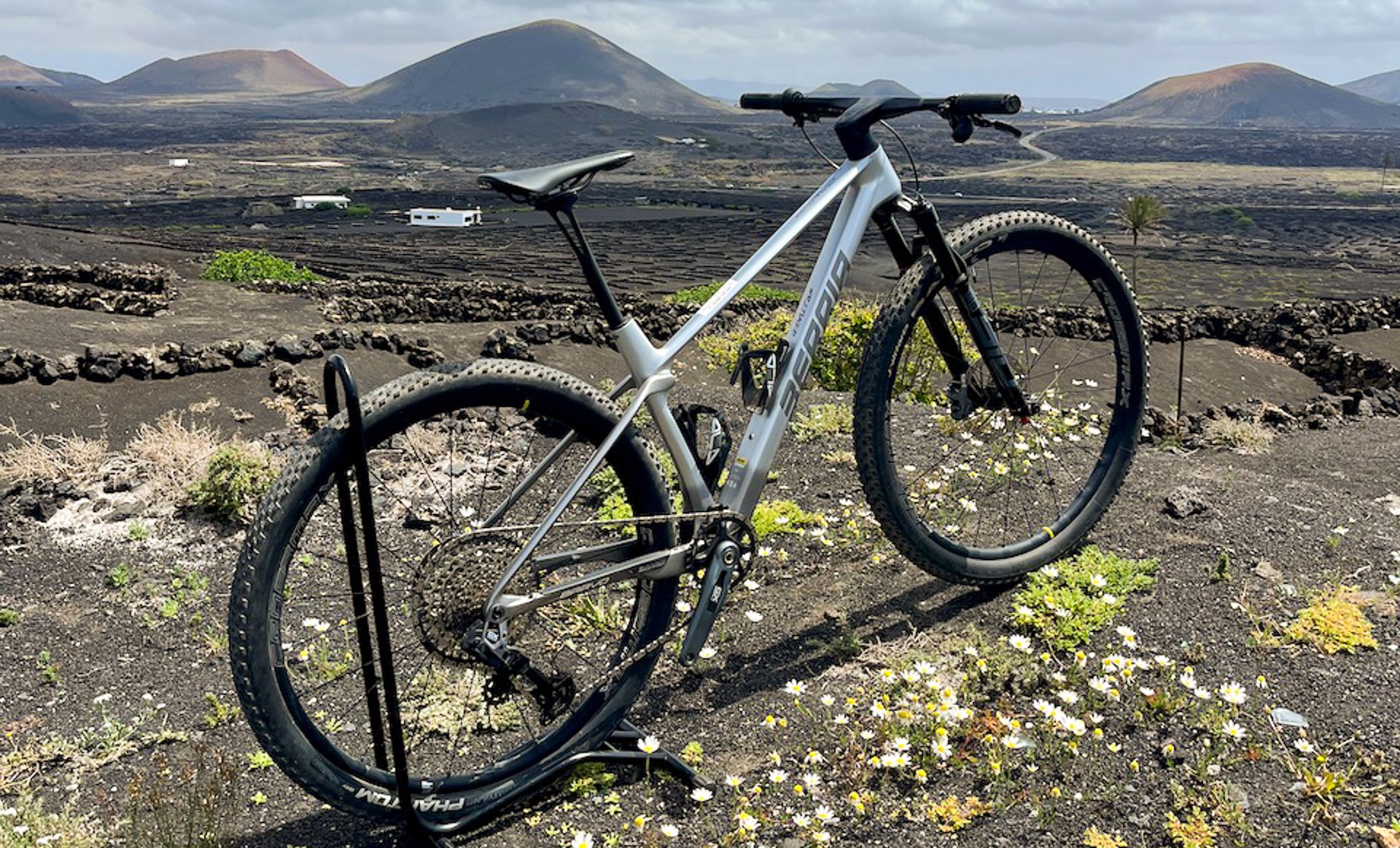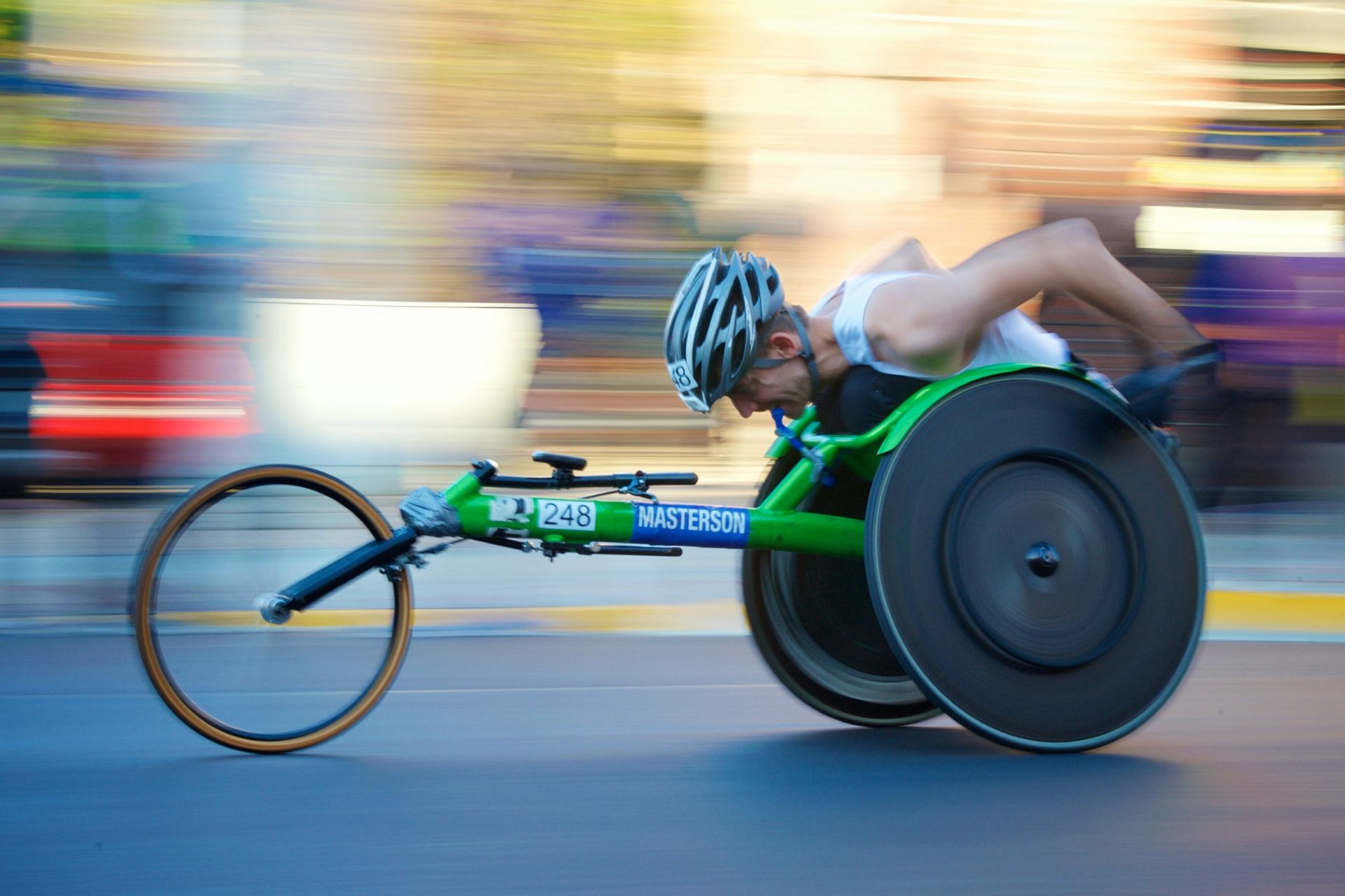
You’ve been cycling for years and love everything about it: the freedom of the open road, the wind in your hair, the thrill of a steep descent. But if you look around at your next sportive or club ride, you’ll probably notice something: cycling isn’t as inclusive as it could be. There are still barriers that stop many people from different backgrounds and abilities getting involved. Well, it’s time for that to change. New programs and events are starting to break down those barriers, making cycling more welcoming and inclusive, and you can help be part of this movement. Whether it’s adapted bikes, accessible trails or paracycling races, it’s time we make cycling truly open to all. So read on to find out how you can get involved and make our community more diverse.
A Sport for Everyone
Cycling is a beautiful sport that should be accessible and welcoming to everyone, regardless of age, ability, background or identity. Embracing inclusivity isn't just the right thing to do - it enriches the entire cycling community. When riders of diverse experiences come together, we gain new perspectives and form deeper connections.
Adapted Cycling Empowers
For those with disabilities or mobility challenges, adapted cycling provides an empowering way to experience the freedom and joy of riding. Paracycling events showcase incredible athleticism and determination. But adaptive cycling is about so much more than competition - it promotes physical and mental well-being for riders of all skill levels.
Breaking Down Barriers
Certain groups have historically faced barriers to entry in cycling, whether due to cost, lack of role models, or not feeling welcomed. Grassroots initiatives are working hard to change that by providing access to affordable gear, mentorship programs, and inclusive group rides. Everyone should feel they have a place in our cycling community.
Diversity Drives Innovation
Greater diversity also fuels innovation across the cycling industry. New voices bring fresh ideas for products, events, and outreach that better serve a wider range of riders. An inclusive mindset inspires problem-solving and helps brands stay relevant. The entire ecosystem thrives when we embrace different backgrounds and needs.
Keep Pedaling Forward
Real change takes ongoing effort from individual cyclists, clubs, brands and governing bodies. But that hard work pays off as cycling's big tent keeps expanding. The more we promote inclusivity, the stronger and more vibrant our community becomes for every person who straddles a saddle.
Initiatives Promoting Diversity and Inclusion
Cycling should be an inclusive activity that welcomes everyone, regardless of age, ability, background or identity. Fortunately, there are many great initiatives out there promoting diversity and inclusion within the cycling community.
Adapted Cycling Programs
Cycling doesn't have to be limited to traditional bikes. Adapted cycling programs offer specialized equipment like handcycles, trikes and tandems to open up the sport to riders with disabilities or mobility challenges. Events like the Paralympic Games showcase the incredible talents of para-athletes competing in cycling disciplines.
Community Outreach
Local cycling clubs and advocacy groups often run programs aimed at getting underrepresented groups involved. These may include learn-to-ride clinics, group rides for LGBTQ+ cyclists, or mentorship opportunities pairing new riders with experienced mentors from similar backgrounds. The goal is making the cycling scene feel open and welcoming to all.
Promoting Representation
Beyond participation, it's important to see diversity reflected in cycling media, sponsorships and leadership roles. Initiatives like pro cycling's Cyclists' Alliance are working to amplify diverse voices and create more opportunities for riders of all identities to get involved at the highest levels of the sport.
The cycling world is at its best when everyone feels they have a place in the community. Supporting these inclusive efforts helps ensure the sport can be enjoyed by any rider who shares the passion, no matter their start line.
Broadening Horizons
You might be surprised to learn that the world of cycling extends far beyond traditional road and mountain biking. There's a thriving community dedicated to adapted cycling and paracycling, catering to riders with physical disabilities or mobility challenges. These inclusive programs open up a whole new realm of possibilities, ensuring that everyone can experience the thrill and freedom of cycling.
Customized Adventures
Adapted cycling relies on specialized equipment and modifications tailored to individual needs. From hand cycles and recumbent bikes to tandem cycles and three-wheelers, the options are as diverse as the riders themselves. These adaptations level the playing field, enabling riders with varying abilities to conquer trails, roads, and even competitive events.
Competitive Spirit
For those with a competitive streak, paracycling offers a platform to showcase skill and determination. International events like the Paralympics and World Championships celebrate the exceptional talents of para-athletes, inspiring spectators worldwide. But it's not just about elite-level competition – local clubs and organizations often host inclusive races and challenges, fostering a sense of community and camaraderie.
Explore the Possibilities
Whether you're seeking a leisurely outing or a heart-pumping challenge, adapted cycling and paracycling programs cater to a wide range of interests and skill levels. Many cities and towns offer accessible cycling routes, group rides, and even adaptive cycling clinics to help newcomers get started. Embracing these inclusive opportunities is a fantastic way to stay active, connect with like-minded individuals, and experience the sheer joy of cycling.
So there you have it! Cycling is for everyone, and we all have a role to play in creating a more inclusive community. By supporting initiatives that promote access, diversity and participation, we can transform cycling into a truly welcoming space. The rewards speak for themselves - more riders from all walks of life discovering the joy of cycling. More events and programmes tailored to different needs and abilities. And more meaningful connections formed through our shared love of riding. The path to inclusivity starts with you. So spread the word, lead by example and keep pedalling forwards to a brighter future. After all, there's no finish line when it comes to building community.
The Importance of Inclusivity in Cycling
A Sport for Everyone
Cycling is a beautiful sport that should be accessible and welcoming to everyone, regardless of age, ability, background or identity. Embracing inclusivity isn't just the right thing to do - it enriches the entire cycling community. When riders of diverse experiences come together, we gain new perspectives and form deeper connections.
Adapted Cycling Empowers
For those with disabilities or mobility challenges, adapted cycling provides an empowering way to experience the freedom and joy of riding. Paracycling events showcase incredible athleticism and determination. But adaptive cycling is about so much more than competition - it promotes physical and mental well-being for riders of all skill levels.
Breaking Down Barriers
Certain groups have historically faced barriers to entry in cycling, whether due to cost, lack of role models, or not feeling welcomed. Grassroots initiatives are working hard to change that by providing access to affordable gear, mentorship programs, and inclusive group rides. Everyone should feel they have a place in our cycling community.
Diversity Drives Innovation
Greater diversity also fuels innovation across the cycling industry. New voices bring fresh ideas for products, events, and outreach that better serve a wider range of riders. An inclusive mindset inspires problem-solving and helps brands stay relevant. The entire ecosystem thrives when we embrace different backgrounds and needs.
Keep Pedaling Forward
Real change takes ongoing effort from individual cyclists, clubs, brands and governing bodies. But that hard work pays off as cycling's big tent keeps expanding. The more we promote inclusivity, the stronger and more vibrant our community becomes for every person who straddles a saddle.
Initiatives Promoting Diversity and Inclusion
Cycling should be an inclusive activity that welcomes everyone, regardless of age, ability, background or identity. Fortunately, there are many great initiatives out there promoting diversity and inclusion within the cycling community.
Adapted Cycling Programs
Cycling doesn't have to be limited to traditional bikes. Adapted cycling programs offer specialized equipment like handcycles, trikes and tandems to open up the sport to riders with disabilities or mobility challenges. Events like the Paralympic Games showcase the incredible talents of para-athletes competing in cycling disciplines.
Community Outreach
Local cycling clubs and advocacy groups often run programs aimed at getting underrepresented groups involved. These may include learn-to-ride clinics, group rides for LGBTQ+ cyclists, or mentorship opportunities pairing new riders with experienced mentors from similar backgrounds. The goal is making the cycling scene feel open and welcoming to all.
Promoting Representation
Beyond participation, it's important to see diversity reflected in cycling media, sponsorships and leadership roles. Initiatives like pro cycling's Cyclists' Alliance are working to amplify diverse voices and create more opportunities for riders of all identities to get involved at the highest levels of the sport.
The cycling world is at its best when everyone feels they have a place in the community. Supporting these inclusive efforts helps ensure the sport can be enjoyed by any rider who shares the passion, no matter their start line.
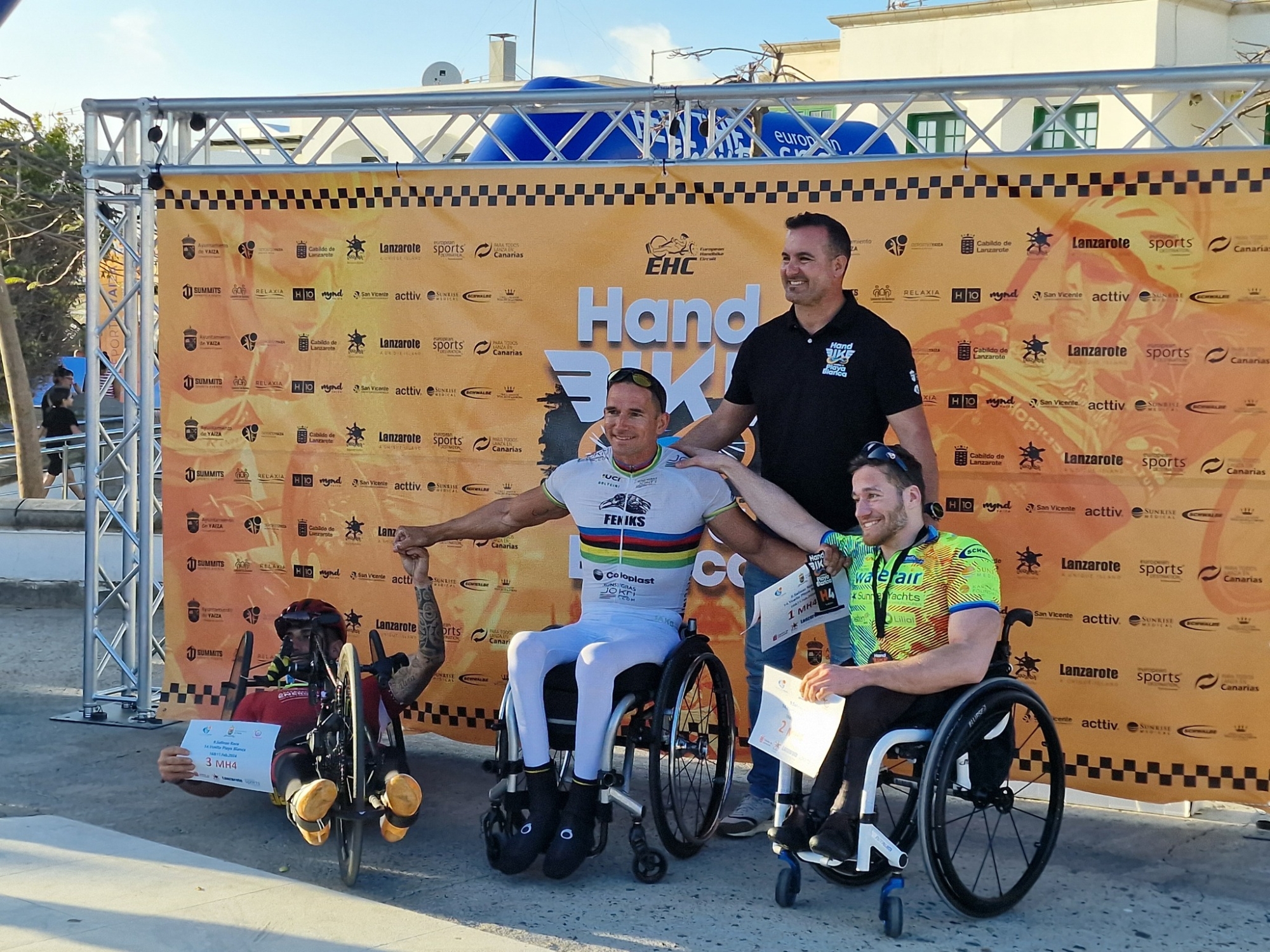
Adapted Cycling and Paracycling Opportunities
Broadening Horizons
You might be surprised to learn that the world of cycling extends far beyond traditional road and mountain biking. There's a thriving community dedicated to adapted cycling and paracycling, catering to riders with physical disabilities or mobility challenges. These inclusive programs open up a whole new realm of possibilities, ensuring that everyone can experience the thrill and freedom of cycling.
Customized Adventures
Adapted cycling relies on specialized equipment and modifications tailored to individual needs. From hand cycles and recumbent bikes to tandem cycles and three-wheelers, the options are as diverse as the riders themselves. These adaptations level the playing field, enabling riders with varying abilities to conquer trails, roads, and even competitive events.
Competitive Spirit
For those with a competitive streak, paracycling offers a platform to showcase skill and determination. International events like the Paralympics and World Championships celebrate the exceptional talents of para-athletes, inspiring spectators worldwide. But it's not just about elite-level competition – local clubs and organizations often host inclusive races and challenges, fostering a sense of community and camaraderie.
Explore the Possibilities
Whether you're seeking a leisurely outing or a heart-pumping challenge, adapted cycling and paracycling programs cater to a wide range of interests and skill levels. Many cities and towns offer accessible cycling routes, group rides, and even adaptive cycling clinics to help newcomers get started. Embracing these inclusive opportunities is a fantastic way to stay active, connect with like-minded individuals, and experience the sheer joy of cycling.
Conclusion
So there you have it! Cycling is for everyone, and we all have a role to play in creating a more inclusive community. By supporting initiatives that promote access, diversity and participation, we can transform cycling into a truly welcoming space. The rewards speak for themselves - more riders from all walks of life discovering the joy of cycling. More events and programmes tailored to different needs and abilities. And more meaningful connections formed through our shared love of riding. The path to inclusivity starts with you. So spread the word, lead by example and keep pedalling forwards to a brighter future. After all, there's no finish line when it comes to building community.

 Where to Refuel: Best Cafés and Cycling Stops in Lanzarote
Where to Refuel: Best Cafés and Cycling Stops in Lanzarote
